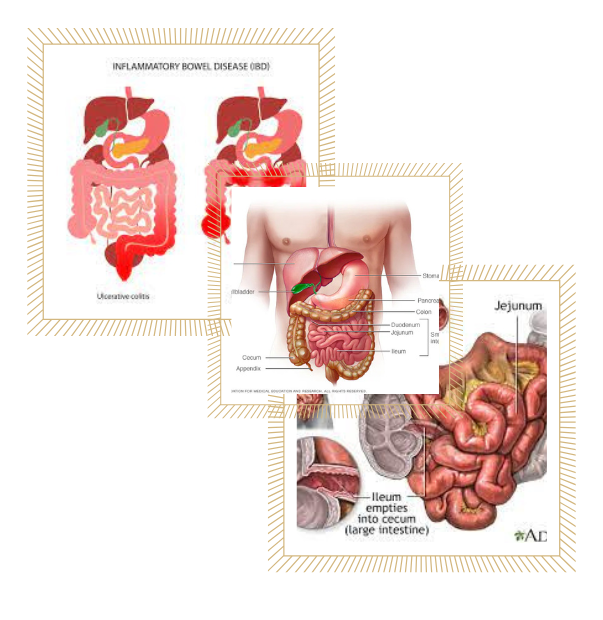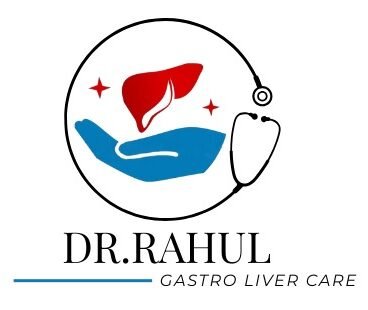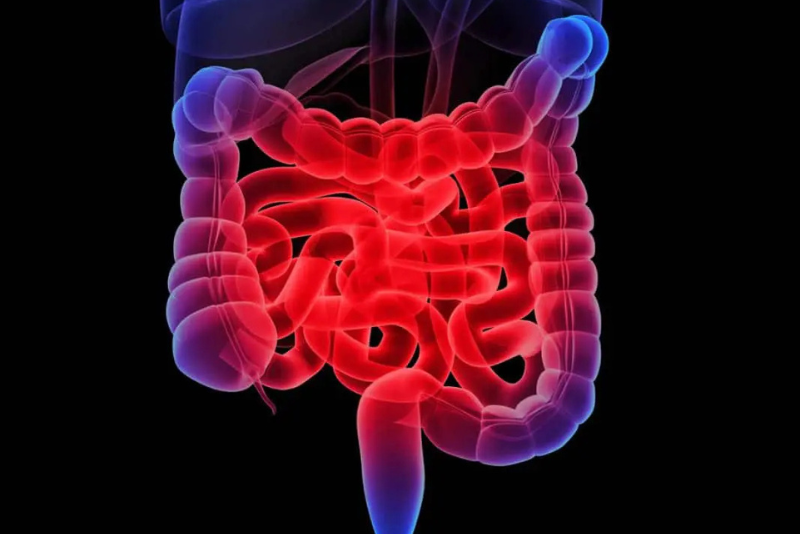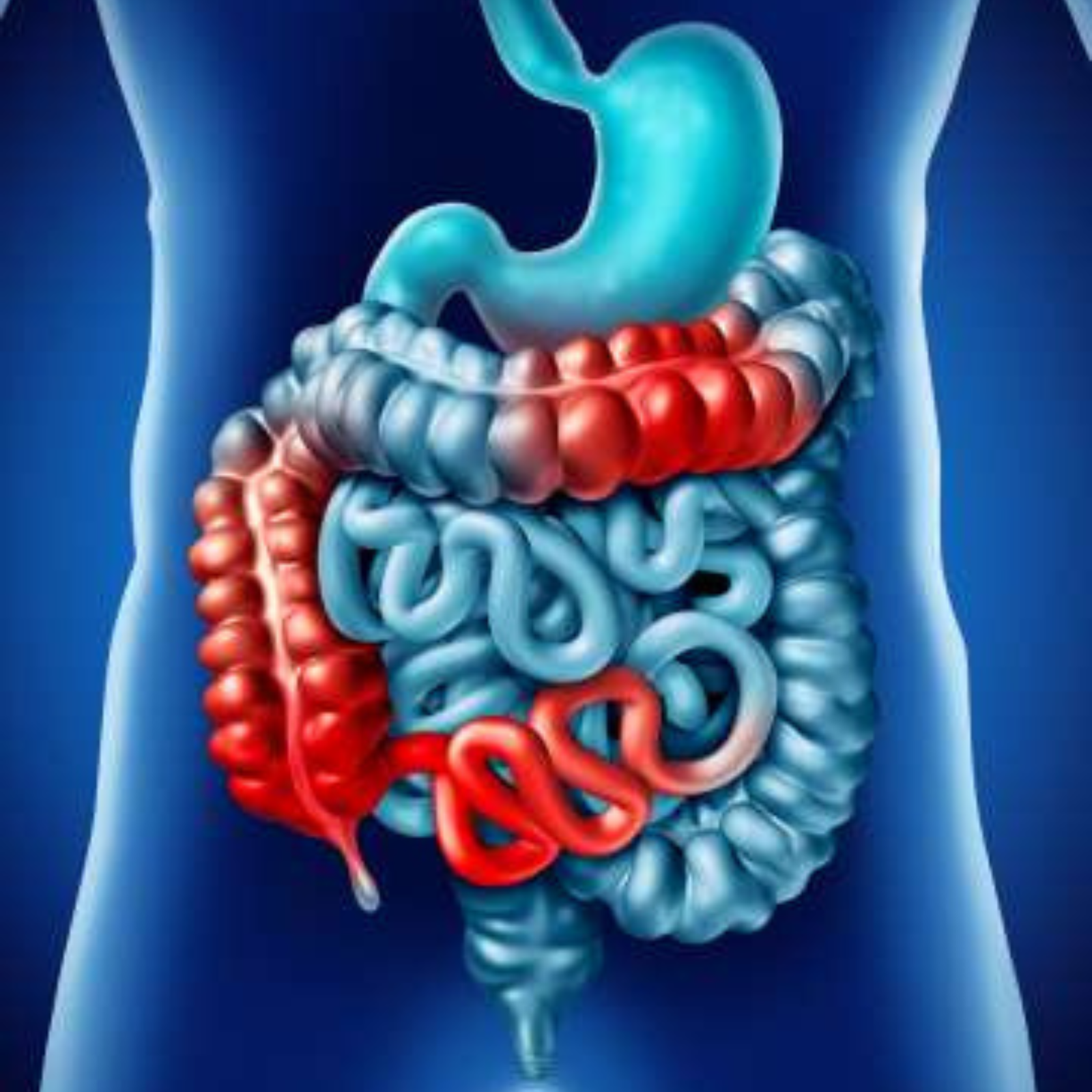Live out your life.
Fighting Inflammation, Embracing Strength.
Inflammatory Bowel Disease (IBD) is a group of chronic inflammatory conditions affecting the gastrointestinal (GI) tract. The two main types of IBD are Crohn’s Disease and Ulcerative Colitis. bang. Beautiful templates for the world's most popular content man age
ement of our system controll.
Crohn's Disease
Crohn's disease can affect any part of the gastrointestinal tract, from the mouth to the anus.
Ulcerative Colitis
The inflammation is continuous and starts in the rectum, progressively affecting more of the colon.
Genetic Factors
There is a hereditary component to IBD. People with a family history of IBD are at an increased risk.
Immune System Dysfunction
IBD is thought to occur when the immune system mistakenly attacks the digestive tract,




